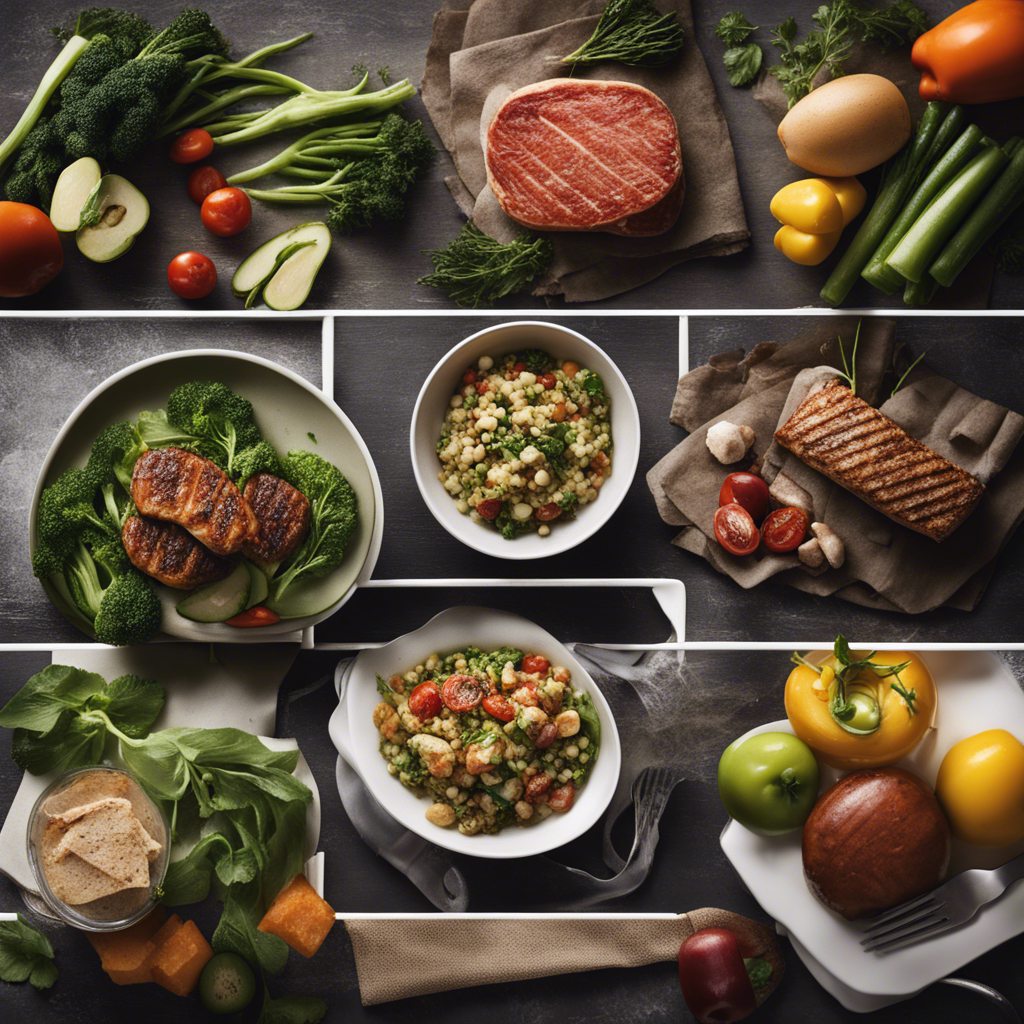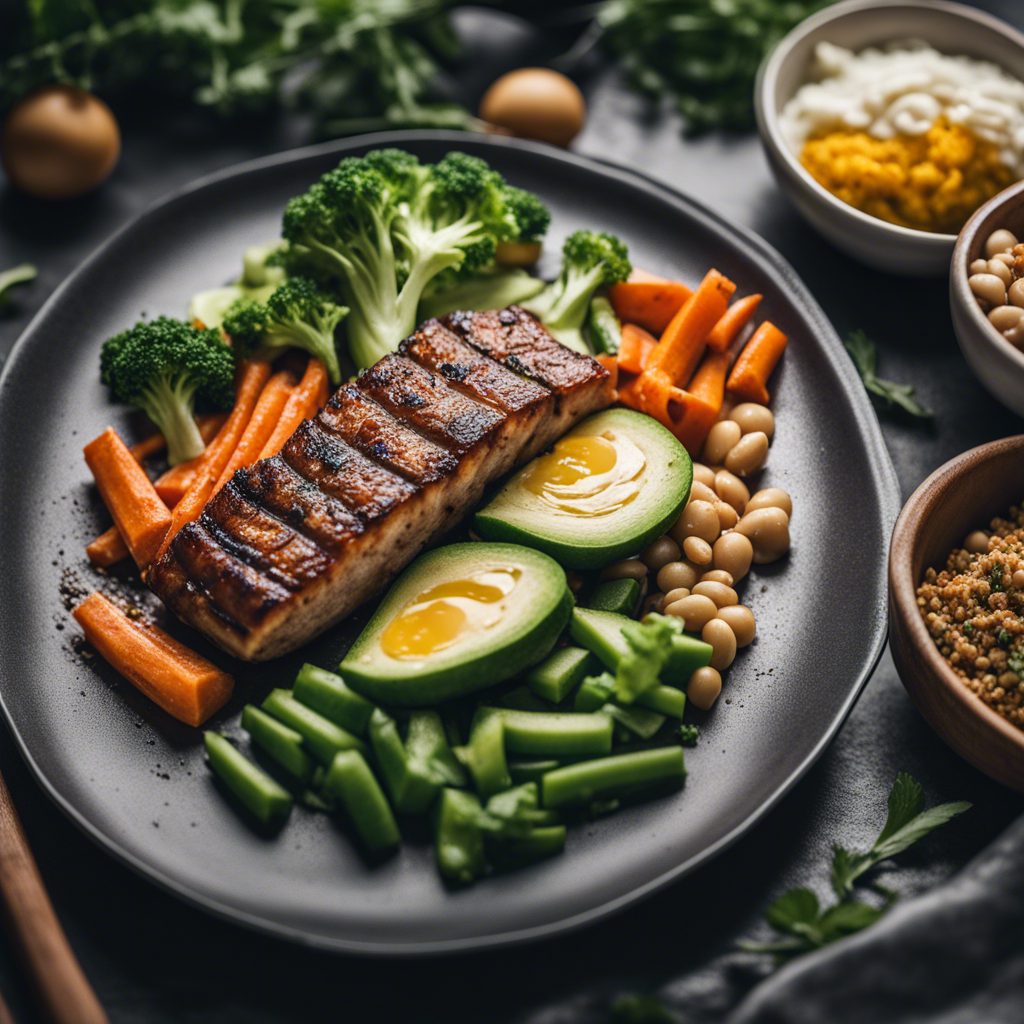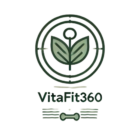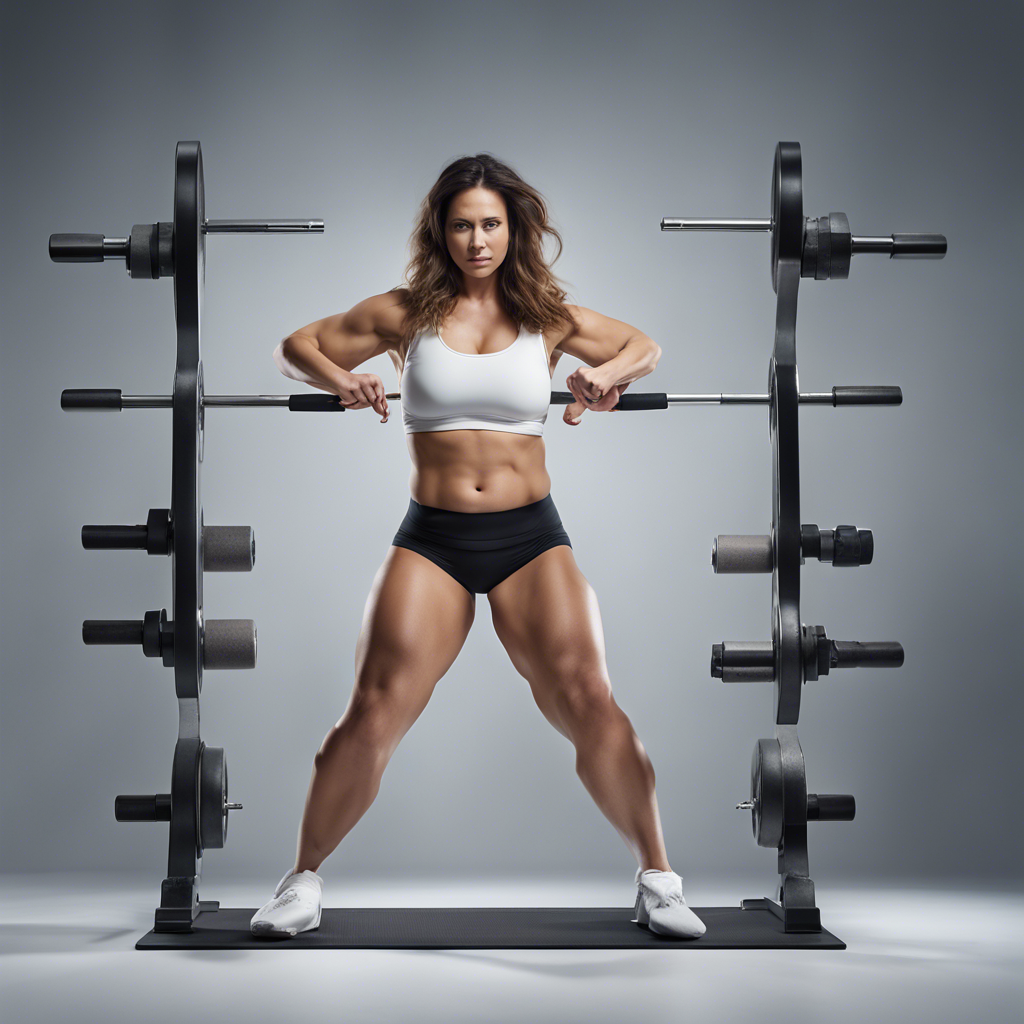Vegetarian Meal Plans: How to Build Muscle and Burn Fat Without Meat
In a world where meat often crowns the nutritional pantheon as the quintessential source of protein and energy, it might seem a daunting task to build muscle and burn fat without it. Yet, the rise of vegetarian diets for weight loss and muscle gain has proven not only possible but also beneficial for many. By emphasizing plant-based diets for fitness, individuals can meet their nutritional needs while harnessing the inherent benefits of more plant-centered eating habits.

For those pursuing vegetarian muscle building, there is an exciting world of options that support muscle gain without meat. Whether you are an athlete looking to enhance your performance or someone who seeks a healthier lifestyle, vegetarian meal prep for muscle can be an empowering journey. This guide unveils the secrets to a successful vegetarian diet aimed at both building muscle and burning fat, providing the insights, tips, and examples necessary for your fitness goals.
Understanding Essential Nutrients in a Vegetarian Diet
Proteins: Plant-Based Powerhouses
Protein is often the first concern for those looking to gain muscle on a vegetarian diet. Fortunately, numerous vegetarian protein sources are packed with the nutrients needed for muscle repair and growth. Foods like lentils, chickpeas, quinoa, and tofu can deliver substantial quality protein.
To optimize muscle building, include a variety of these sources in your diet to ensure a complete amino acid profile. For example, pairing rice with beans or hummus with whole-grain bread can provide a balanced supply of amino acids, crucial for muscle gain without meat.
Fats: Fueling Fat Loss
In the context of meat-free fat loss, healthy fats play a pivotal role. Avocados, nuts, seeds, and olive oil can provide not only the necessary fats your body needs but also help in the satiation required to prevent unnecessary snacking.
Incorporate these fats into meals thoughtfully. For instance, add sliced avocado to a morning toast and sprinkle seeds over salads to enhance both flavor and nutritional value while maintaining focus on fat loss goals.
Carbohydrates: Sustaining Energy
Carbohydrates might be misunderstood in fitness food circles, but they are vital in a plant-based diet for fitness, especially when aiming to burn fat without meat. Opt for complex carbohydrates like oats, sweet potatoes, and whole grains for sustained energy.
These carbohydrate sources help maintain energy levels throughout the day and during workouts, providing the necessary fuel for recovery and muscle growth. Include these smart carbs in pre-and post-workout meals to maximize their benefits.
Strategies for Effective Vegetarian Meal Planning
Balancing Macronutrients
Effective vegetarian meal prep for muscle involves careful balancing of macronutrients. While protein intake is crucial, it’s equally important to maintain the right levels of carbohydrates and fats in your diet.
Structured meal plans can assist in achieving this balance. Utilize tools like meal-planning apps or consult with a nutritionist to tailor your diet to your specific goals. Meals should feature a substantial portion of protein, balanced with fats and carbohydrates based on workout intensity and personal fitness objectives.
Meal Prep Techniques
Preparing meals in advance is a strategic tip for sticking to a vegetarian diet for weight loss and muscle gain. Batch cooking meals ensures you have nutritious options available throughout the week, reducing the temptation to reach for convenient but less healthy choices.
Consider preparing mason jar salads, overnight oats, or stir-fried tofu with vegetables to streamline your week. Consistency in meal prep aids in achieving long-term fitness goals without succumbing to the occasional dietary misstep.
Supplementation Considerations
While a well-planned vegetarian diet can meet all your nutritional needs, certain supplements might enhance your muscle-building efforts. Key supplements to consider include vitamin B12, iron, and omega-3 fatty acids, which are typically found in lower quantities in a vegetarian diet.
Consulting with a healthcare professional can help determine individual supplementation needs based on dietary gaps and overall health status.
Maximizing Muscle with Plant-Based Bodybuilding Tips
Incorporating Diverse Plant Proteins
Within the realm of vegetarian muscle building, diversity is your ally. Mixing various plant protein sources ensures a richer nutrient profile and a more enjoyable eating experience. Experiment with different grains, legumes, and nuts to keep meals exciting and nutritionally balanced.
A diverse intake of protein sources not only satisfies taste preferences but also supports muscle gain without meat by covering different essential amino acids across the diet.
Strategic Workout Nutrition
Tailoring your diet to your workout can amplify your results. Before exercise, consume a carbohydrate-rich meal for energy, like a banana smoothie with almond butter. Post-workout, focus on protein-rich foods to aid recovery.
This strategic approach enhances both performance and recovery, ensuring you make the most of every workout session.
Listening to Your Body
Adopting a vegetarian meal plan for muscle building and fat loss also involves being attentive to your body’s signals. Pay attention to energy levels, hunger cues, and recovery speed, adjusting your diet as needed.
Frequent monitoring and willing adjustments are key to optimizing your plant-based diet for fitness, helping to prevent plateaus and fostering continued progress.

Frequently Asked Questions
What are some high-protein vegetarian foods for muscle building?
High-protein vegetarian foods include lentils, black beans, chickpeas, quinoa, tofu, tempeh, edamame, and Greek yogurt. These foods not only offer substantial protein but also provide essential nutrients and fibers beneficial for muscle building.
Can I really build muscle with a vegetarian diet?
Absolutely! Muscle gain without meat is possible through careful planning and varied nutrient intake. Focus on combining different protein sources to ensure a complete amino acid profile, and integrate exercises tailored for muscle hypertrophy.
How can I ensure I’m getting enough protein in my diet?
To ensure sufficient protein intake, include a variety of plant-based proteins in every meal. You can also supplement with protein shakes made from pea or soy protein to meet higher demands, especially on intensive workout days.
Is a vegetarian diet effective for fat loss?
Yes, a vegetarian diet can be effective for fat loss by emphasizing whole foods that are lower in calories and high in nutrients. Monitor portion sizes, focus on fiber-rich vegetables, healthy fats, and stay hydrated to support weight loss efforts.
Should I take supplements on a vegetarian diet?
While a balanced vegetarian diet can meet most nutritional needs, some nutrients like vitamin B12, iron, and omega-3s may require supplementation. Consider personalized advice from a healthcare provider to decide on supplementation.
Conclusion
The journey into building muscle and burning fat on a vegetarian diet is paved with variety, innovation, and strategic planning. By understanding and optimizing the intake of proteins, fats, and carbohydrates, you can craft meal plans that cater specifically to your fitness goals. Vegetarian meal prep for muscle becomes not only a task but a rewarding lifestyle choice with varied culinary experiences.
The key to success lies in personalized approaches, active monitoring of progress, and openness to adaptation. With plant-based bodybuilding tips at hand, and a willingness to explore diverse vegetarian protein sources, achieving desired fitness outcomes becomes an attainable goal without reliance on meat.
For those seeking to sculpt their body and improve overall health, embracing a vegetarian diet for weight loss and muscle gain is both empowering and wholesome, allowing for sustainable changes that offer long-term benefits.
Suggested Video Topics
- “Top Vegetarian Protein Sources for Muscle Gain”
- “Meal Prepping for a Plant-Based Fitness Journey”
- “Effective Workouts to Pair with a Vegetarian Diet”



